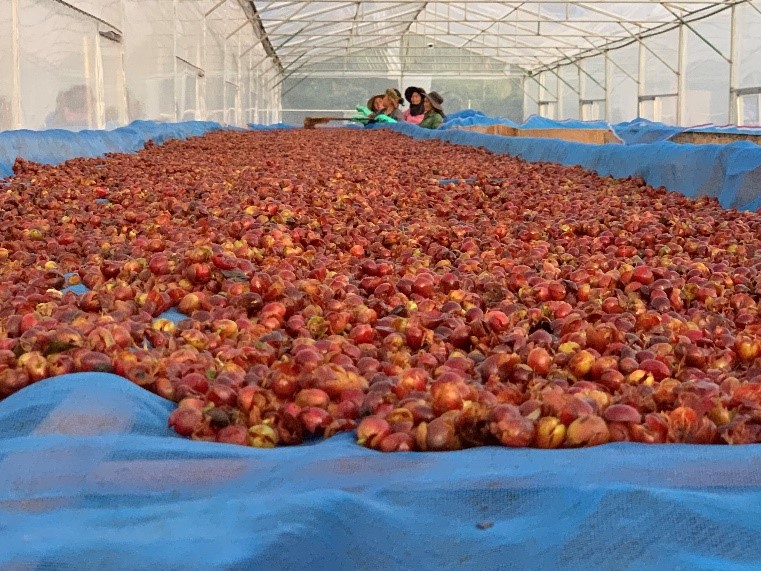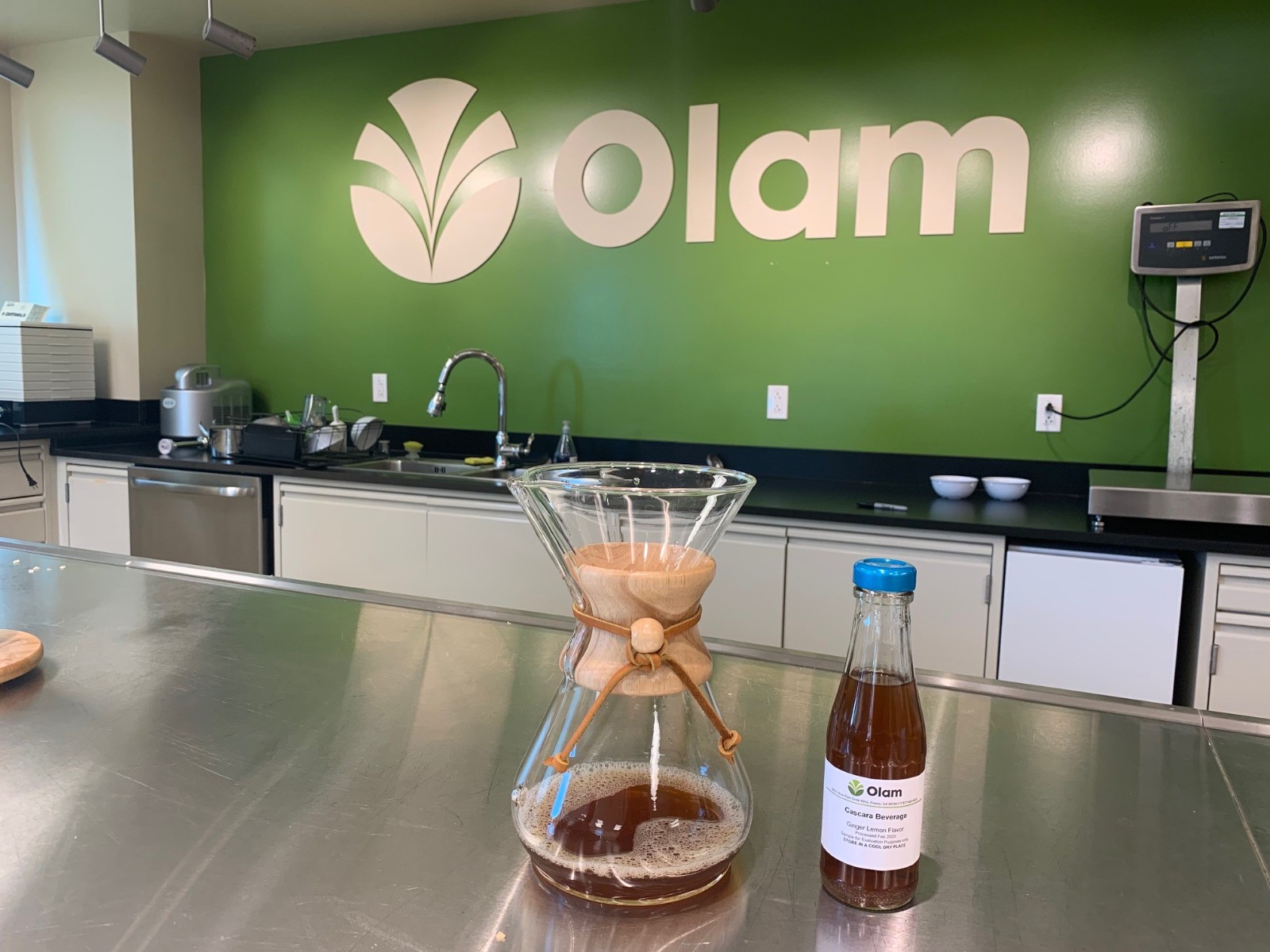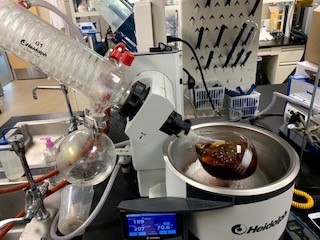Olam Coffee, part of Olam Food Ingredients (OFI), has developed a range of coffee cherry cascara products as a key ingredient for beverage infusions and concentrates across multiple applications, from ice teas to nutrition bars, to meet the growing trend for healthy indulgence.

Wet cascara on a drying bed inside a greenhouse. Usually discarded by the coffee industry, cascara is the pulp and skin of coffee cherry fruit. Upscaling cascara has many benefits to consumers and farmers. (Source: Olam Coffee)
Cascara – translated from Spanish as 'husk' - is the pulp and skin of the coffee cherry fruit. Its flavour is very different from coffee, often described as sweet and fruity with notes of cherry, raisins, and even caramel. Coffee farmers have used it for years to make tea infusions, but it is typically regarded as an unusable by-product by the coffee industry and composted for use as crop fertiliser, or discarded altogether.
Today, there is a growing awareness of cascara as a sustainable superfood due to its unique flavour and perceived health benefits, with several times the antioxidants of blueberries, acai, pomegranate and other known superfruits.1 In addition, bioactive food compounds such as polyphenols and chlorogenic acid, which are present in coffee cherry cascara, have promising potential to help patients with obesity. The caffeine content can also be considerably lower than coffee.2

Sample of a cascara tea infusion (Source: Olam Coffee)
“There is also the environmental benefit of utilising the skin and pulp that’s otherwise discarded as a bi-product in the primary processing stage” said Siva Subramanian, Vice President of Innovation at Olam Coffee. “And as demand for this superfruit grows, upcycling cascara will provide more coffee farmers with an additional source of income.”
Olam Coffee currently sources cascara from its single estate coffee plantations in Brazil, Laos, Tanzania and Zambia, with integrated processing capabilities, which provide a year-round certified3 supply of quality cascara that’s traceable back to the specific block. Their teams have carried out multiple trials of ‘husk’ and ‘pulped’ cascara production, experimenting with coffee varieties, cherry ripeness and harvesting and processing techniques to define suitability for specific food ingredient applications, such as teas or natural confectionary flavourings.
There are two main processing methods which produce different flavour profiles. During the wet processing method, the fruit pulp is collected and dried slowly on raised beds in a controlled environment. The resulting ‘pulped’ cascara, has a sweeter, fruitier flavour and deeper colour than the ‘husk’ variety – produced using the dry or natural method – and lends itself well to fruit concentrate applications and extracts.

Laboratory scale vacuum concentration of cascara extract (Source: Olam Coffee)
Olam Coffee can offer a range of cascara products, namely dry cascara for tea infusions and flour; liquid cascara concentrates for jams, jellies, dessert toppings and bakery fillings; and soluble cascara powder for use in hot and cold RTD beverages and mixes. It will also be available for nutraceutical and cosmetic use as an as antioxidant supplement. Olam Coffee will work with companies and brands directly to co-create bespoke cascara products.
At their Innovation Center in Fresno, California, Olam continues to develop new cascara offerings derived from various processing conditions, in partnership with external laboratories and customers to meet their specifications.
Food safety continues to be a primary focus and Olam Coffee is working with local partners and agencies to secure wide-spread use of cascara for integration in multiple applications on the market.
1 Certified by UTZ, Rainforest Alliance
2 ORAC (Oxygen Radical Absorbance Capacity) score
3 A. Heeger et al. / Food Chemistry 221 (2017) 969–975














